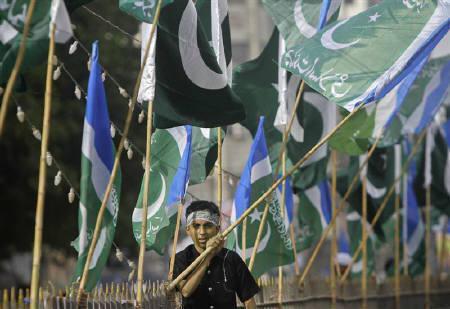
Unexpectedly, JI’s green-and-blue flags were few and far between and the loudest cheers were for ASWJ leaders.
As supporters chanted “al jihad, al jihad”, JI workers tried to control the crowds — unsuccessfully.
The schism at the DPC rally elucidates the crisis faced by the JI. Once the country’s most prominent religious-political party, the JI has been overshadowed by militant groups offering a shot at participating in jihad against the US from the tribal areas.
Others, such as the Pakistan Tehreek-e-Insaf, let anti-US protesters participate in apparent blockades of Nato supply routes.
JI, on the other hand, does not offer jihad or an electoral alternative since it boycotted the 2008 elections. To boot, it has faced a split in its powerful student wing, the Islami Jamiat Taleba (IJT).
According to a report released by the former chief of the Special Investigation Unit SSP Raja Umar Khattab last January, arrested militants told an interrogation team that some IJT activists from Karachi University (KU) formed a dissident group in 2007 and named it Punjabi Mujahideen after the IJT expelled them.
They had developed differences with the IJT’s ‘moderate policies’ and the stance of the JI in general, and were more inspired by Dr Arshad Waheed, who was deputed as the chief of al Qaeda’s youth wing in Waziristan.
Dr Waheed belonged to a family of JI supporters and was convicted of providing support to Jundullah. After his release, he relocated to South Waziristan and was killed in a drone strike in 2008.
The report stated that the suspects were former IJT activists from KU who left for Waziristan without completing their education.
JI’s real stance
JI’s official stance is that its members cannot act against the state. “We do not support jihad until all of its parameters have been fulfilled,” says JI spokesperson Sarfaraz Ahmed. According to JI’s Karachi General Secretary Naseem Siddiqui, “If anyone claims to be a supporter of JI and then, [going] against the policy of JI, finds picking up weapons is the solution, he is responsible for his own actions.”
Tufts University professor Vali Nasr and the author of The Vanguard of the Islamic Revolution: the Jamaat-e-Islami of Pakistan, said this is a dilemma Maulana Maudoodi had spoken about a long time ago, “that jihad can only be declared by a proper Islamic authority in an Islamic state.”
This responsibility was delegated to the state in the 1980s during the war in Afghanistan, “because the state (led by late General Ziaul Haq) was considered Islamic enough”. “Now the current government, which they see is becoming more liberal, or President Asif Ali Zardari, cannot be considered an Islamic authority,” Nasr says. “There is pressure from the rank and file and competition with radical groups and they have no doctrine for this.”
Role of the spy agencies
JI spokesperson Ahmed blames intelligence agencies for their ‘confused’ policy and attempts to force a divide within the JI. “The way the Pakistani military has supported insurgents, they also want us to have a group that they can use.”
The dilemma faced by the JI is that if it advocated fighting against the Soviets in the 1980s, why can its members not fight against the US or its ally – Pakistan. Its Al Badr paramilitary unit fought against the Mukhti Bahini in 1971 and its members participated in the Afghan war.
Even though it “closed that chapter” with the end of the war, its members could not as easily do the same. This sense resurfaced when General (retd) Pervez Musharraf announced support for the US-led war in Afghanistan. “The entire country cannot take a u-turn,” Ahmed says.
Siddiqui explains this U-turn with the example of the Lal Masjid operation, “which brought the war inside our own country”.
“We have been criticising this u-turn by all possible democratic means because we do not want our security agencies to kill, abduct and brutally torture our own people,” he adds.
“We do not want people to pick up guns against its security agencies as a reaction.”
(Read: For the greater glory)
Published in The Express Tribune, February 27th, 2012.





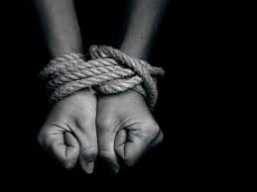


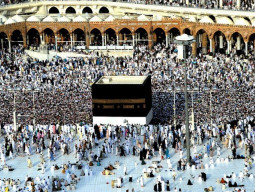


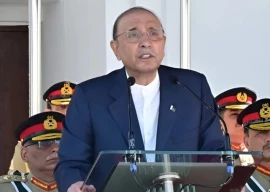


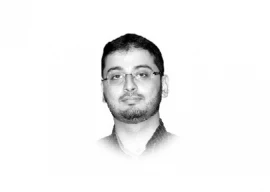



COMMENTS
Comments are moderated and generally will be posted if they are on-topic and not abusive.
For more information, please see our Comments FAQ